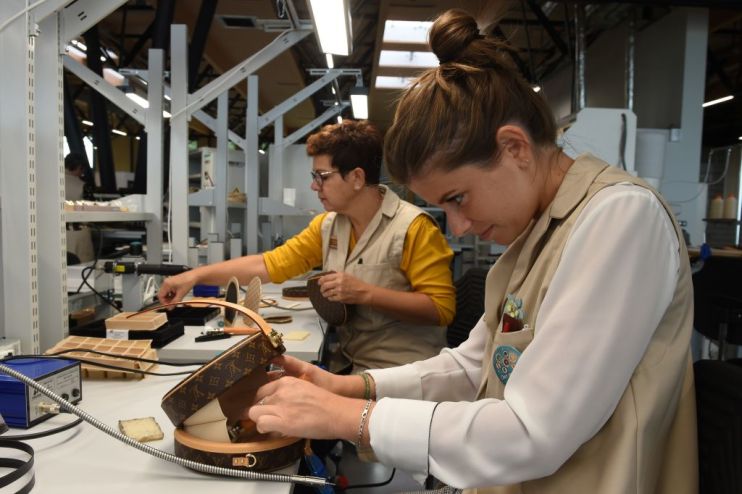Eurozone industrial production drops again in July

Industrial output in the Eurozone undershot expectations and fell again in July, official figures showed today, in the latest evidence of a significant slowdown in the single currency area’s economy.
Read more: ECB’s Mario Draghi set to inject stimulus into Eurozone economy
Industrial production dropped by 0.4 per cent month on month in July, its second consecutive monthly fall after an upwardly revised 1.4 per cent drop in June. Economists had predicted a 0.1 per cent fall.
The production of non-durable consumer goods, which is mainly food, fell by 0.8 per cent, the European Commission’s statistics body said, while energy production fell 0.7 per cent. Production of capital goods such as machinery rose, however.
The weak reading came ahead of the European Central Bank’s (ECB) interest rates decision later today, when outgoing president Mario Draghi is expected to loosen monetary policy in a bid to boost the zone’s struggling economy.
Analysts are expecting a 10 basis point (0.1 percentage point) cut to the main deposit rate, taking it to minus 0.5 per cent. The ECB is also expected to relaunch its stimulus bond-buying programme, known as quantitative easing (QE).
Germany’s economy in particular would be grateful for stimulus. Today’s figures showed output from German factories, traditionally the powerhouses of the European economy, fell by 0.8 per cent in July.
Italy, which like Germany is teetering on the edge of recession, saw its factory output fall by 0.7 per cent. French factories increased their production by 0.2 per cent in July after a dramatic 2.4 per cent fall in June.
Jessica Hinds, European economist at Capital Economics, said the “fall in Eurozone industrial production marks a soft start to the third quarter and suggests that the sector will continue to weigh on the wider economy”.
She said August survey data was “consistent with production growth falling in year-on-year terms”.
Read more: Eurozone inflation falls to well below ECB target in July
She added: “After weighing on GDP growth in the second quarter, industry is set to remain a drag on the wider economy for some time to come.”
(Image credit: Getty)